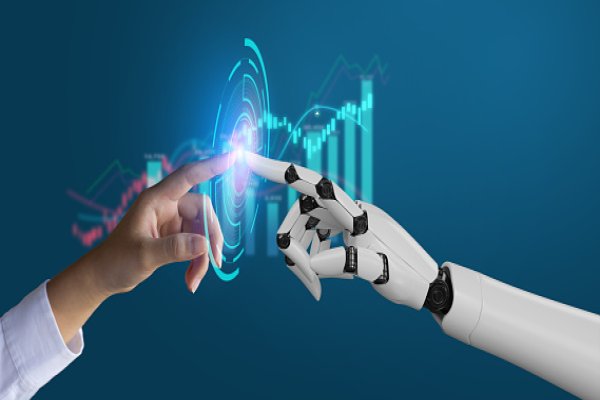In his book, ‘Men against Fire,’ the American General S.L.A. Marshall refers to the battlefield as ‘the epitome of war’ [i], where all of Clausewitz’s theories regarding the fundamental nature of war are manifested in full.
War is a reality and cannot be avoided sometimes, making it an inherent part of human life. It brings out the emotions, wills, and opposition among the people involved, ultimately making it an activity solely meant for humanity.
Non-human elements are gradually replacing the human component of the battlefield. The increasing usage of automated weapons powered by Artificial Intelligence (AI), such as autonomous drones, has posed questions regarding the nature of warfare and its involvement with humans.
AI weapon systems pose a formidable challenge to the traditional battlefield concept, as they can act and react quickly over great distances at a speed that no human could ever match.
War has changed over time and transitioned to different locations, which has raised questions about the conventional dominance of humans in strategies, tactics, and weapons.
Is the traditional concept of warfare becoming obsolete in light of the emergence of artificial intelligence? Does this new technology have an impact on long-standing military traditions?
This article contends that while AI can profoundly affect how wars are fought, it does not change the essence of warfare. On the contrary, it highlights the fundamental element at its core: human involvement.
War is a complex concept. It involves psychological elements, moral considerations, political clout, and the potential for both pain and death. It comprises what has been termed a ‘trinity’: violence, luck, and government involvement.
AI enables us to concentrate on essential issues by disregarding all else, demonstrating how insignificant other components are, and dealing with all the practical details.
This contrast reminds us that war is an incredibly personal indication of our human nature and something we cannot assign to another.
In this essay, three distinct layers are explored to analyze the effects of Artificial Intelligence on warfare.
First, this analysis looks into how AI alters the strategic environment and physical space and demonstrates that its effect is not unbalanced or remarkably different from other major advancements in military technology.
Afterward, this paper examines the impact of Artificial Intelligence on strategic decision-making and how it affects people’s thinking. It states that when properly utilized, it can enhance decision-makers capabilities rather than taking them away from them.
At last, it considers whether AI could potentially end warfare. It realizes that while Artificial Intelligence can influence the material world and people asking, it cannot deal with matters of the heart.
War is an area where AI cannot bring a resolution on its own. No matter how advanced it becomes, it will never be able to alter the fundamental nature of war completely. This is where war begins, ends, and primarily takes place; no machine can free us from this reality.
AI is transforming the future of war and the aftermath of a conflict. It can save lives, increase accuracy, and improve access to information. However, its use is not without risk. As more countries turn to AI, new challenges arise regarding international agreements and controlling its use.
There are also concerns about data privacy and potential hacking attacks. Overall, it seems likely that AI will have an ever-increasing role in modern warfare, though its impact on the nature of war remains to be seen.
Source: realcleardefense.com



